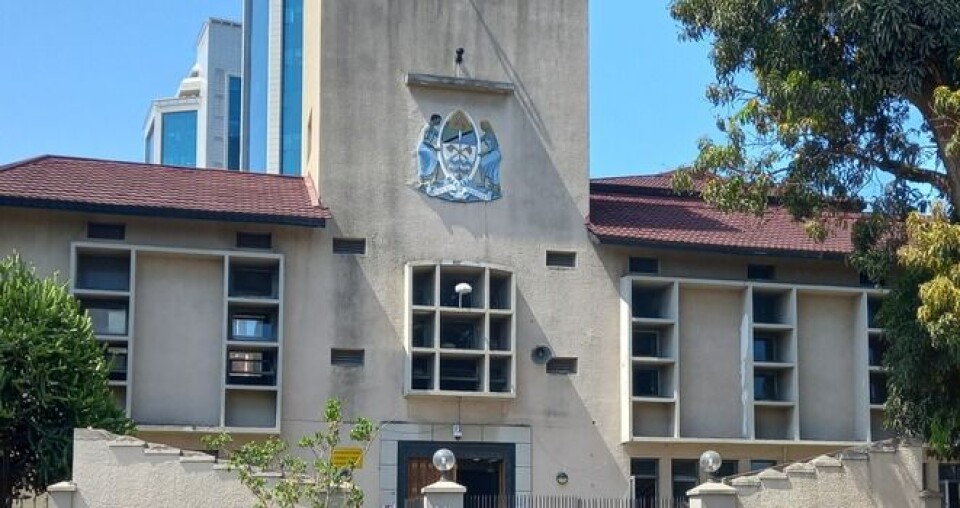One of the ways this is being implemented is by incorporating AI in a new transcriptions and translations system. The system is fed with the dialects of the national Kiswahili language spoken in different parts of Tanzania’s mainland and Zanzibar islands, alongside relevant English alternatives for accurate, on-the-spot translations to facilitate smoother and faster transcription work.
Tanzania’s Chief Justice, Professor Ibrahim Juma, formally announced the judiciary’s adoption of AI during a Law Week event in the administrative capital, Dodoma, in February. He pointed out that this system would allow for automatic transcriptions of case proceedings, thereby significantly reducing work burdens for judges and magistrates.
"Their primary job is to listen and make decisions, not to do transcriptions,” Juma asserted. “And to hire stenographers competent in both languages for all 34 judges serving the Court of Appeal, 105 judges in the High Court, and over 2 000 magistrates at primary and district court level is an arduous and expensive undertaking, so this is one area where we expect AI technology to truly provide relief," he added.
Tanzania introduced a new law in 2021 declaring Kiswahili the official language of administration and dispensation of justice in domestic courts of law, to be used as a “general rule”, while English would remain permissible as “an exception to the rule”. Previously, all legislations passed by the country’s parliament, along with related rules and regulations, were written exclusively in English.
The law change has led to a complicated situation. Case hearings are normally conducted in Kiswahili at all levels of Tanzania’s court system, mainly to allow all parties involved – including accused persons, plaintiffs and respondents with little or no grasp of English – to follow proceedings more easily. However, judgments and rulings are still traditionally delivered in English, especially in the High Court and Court of Appeal.
The judiciary’s new AI system is being installed with the help of Italian company Almawave under a four-year, $3 million contract signed with Tanzania in 2022. Initially targeting up to 50 courtrooms in Tanzania’s 169 courts, the project will be expanded to more courtrooms during the contract’s duration. According to Juma, 11 courtrooms have so far been supplied with AI-powered transcription and translation sets under the first installation phase.
Almawave, which provides AI and Big Data solutions, including natural language analysis, says the project involves refining the system algorithms for speech recognition via word pronunciations, accents and cadences to automate court session transcriptions in either Kiswahili or English and automatically translate into the other language.
In the past, such work was done manually in Tanzanian courts, often resulting in errors and other snags that triggered unnecessary case delays and sometimes fresh litigation by aggrieved parties. The company says the AI-based systems will eliminate such errors and their work can also be verified by human court staff before becoming official documentation.
To join Africa Legal's mailing list please click here

